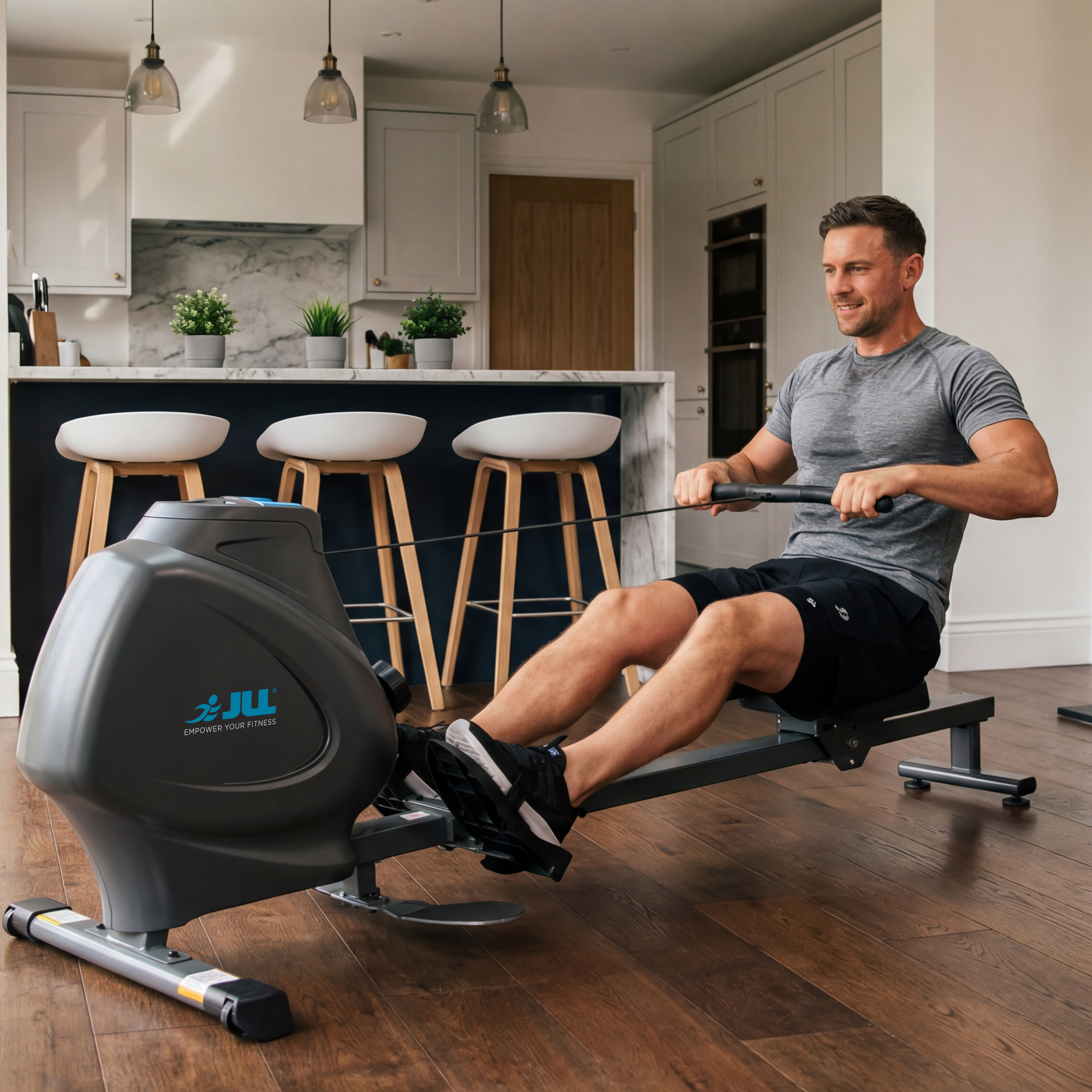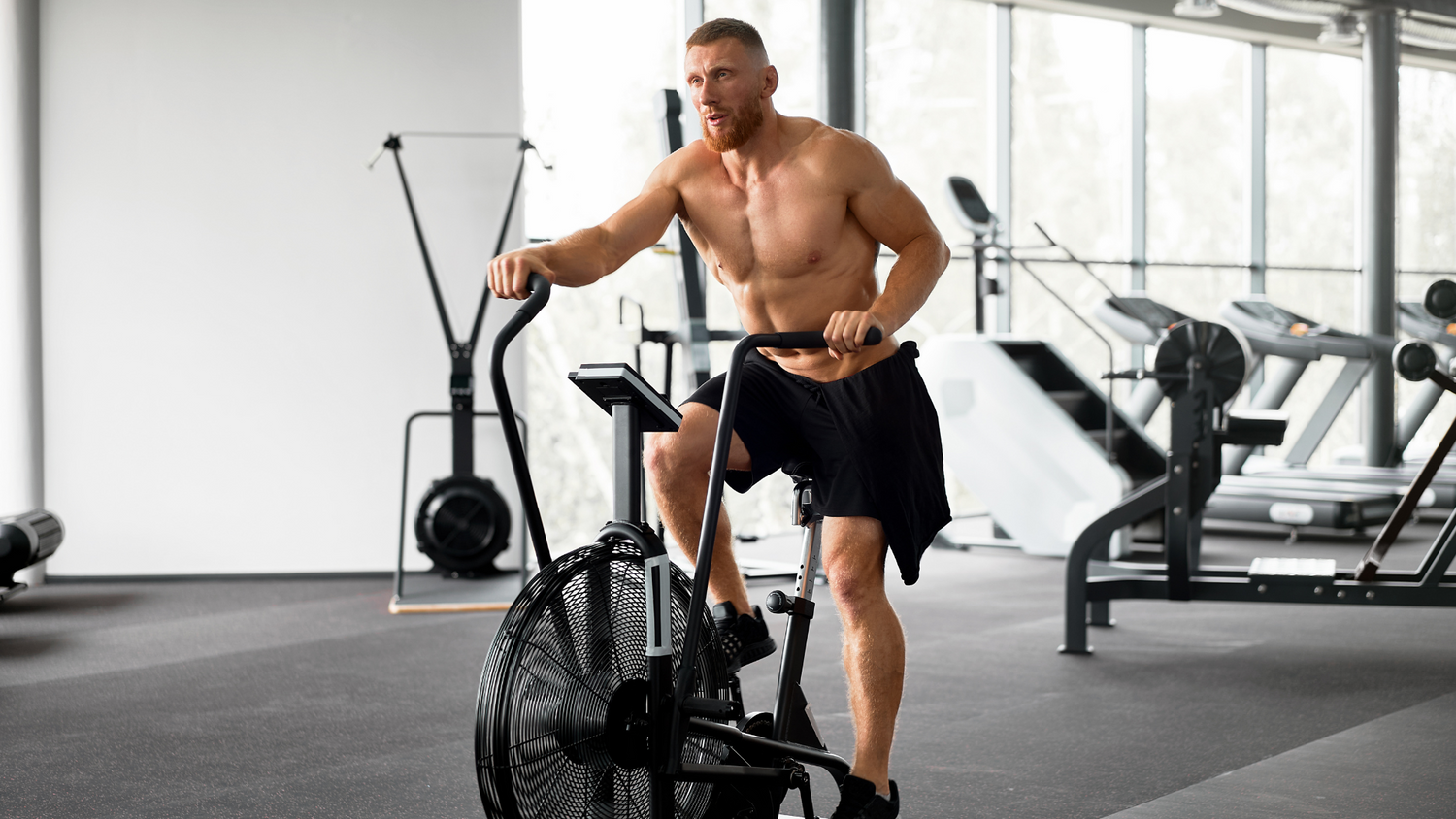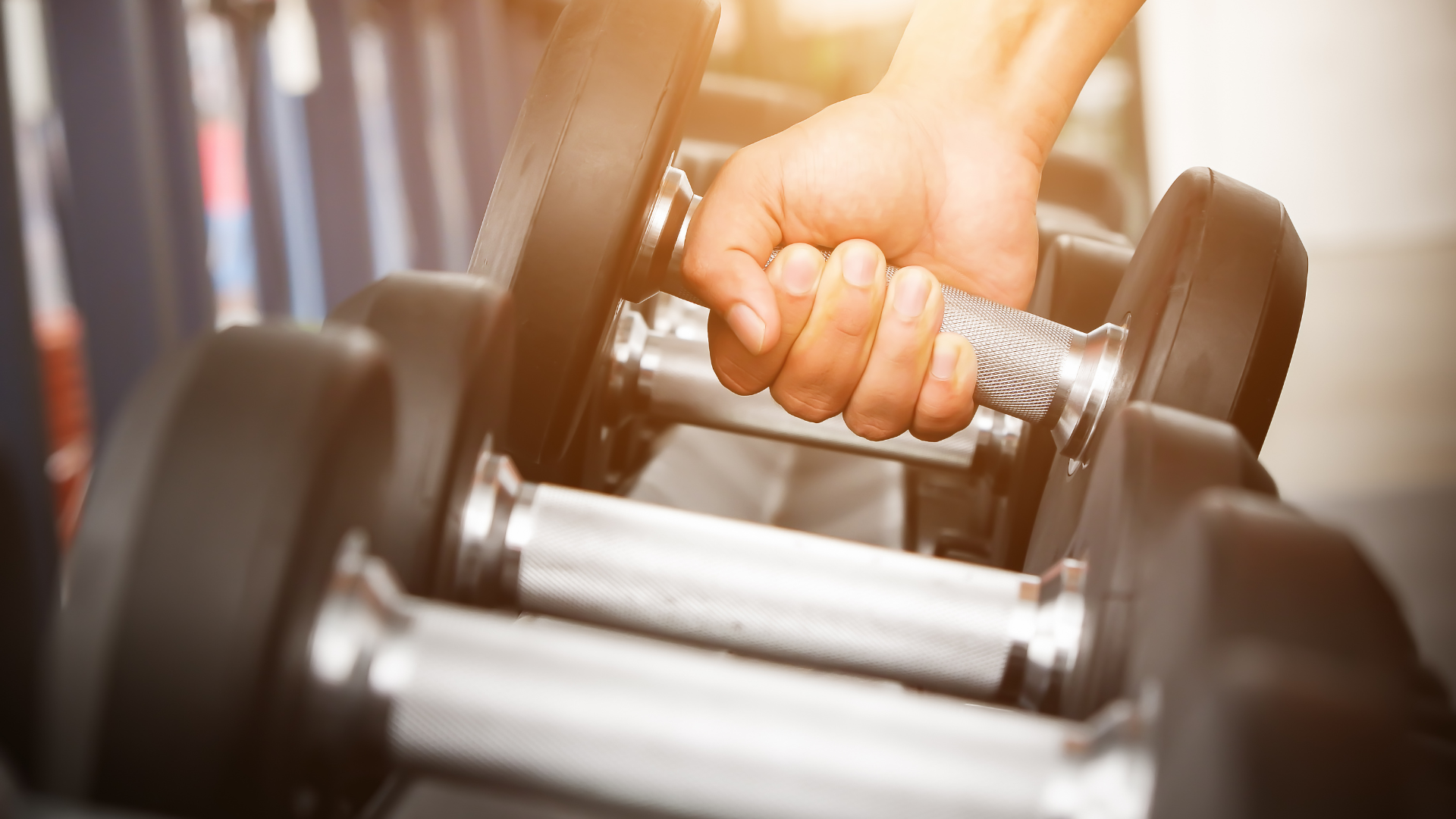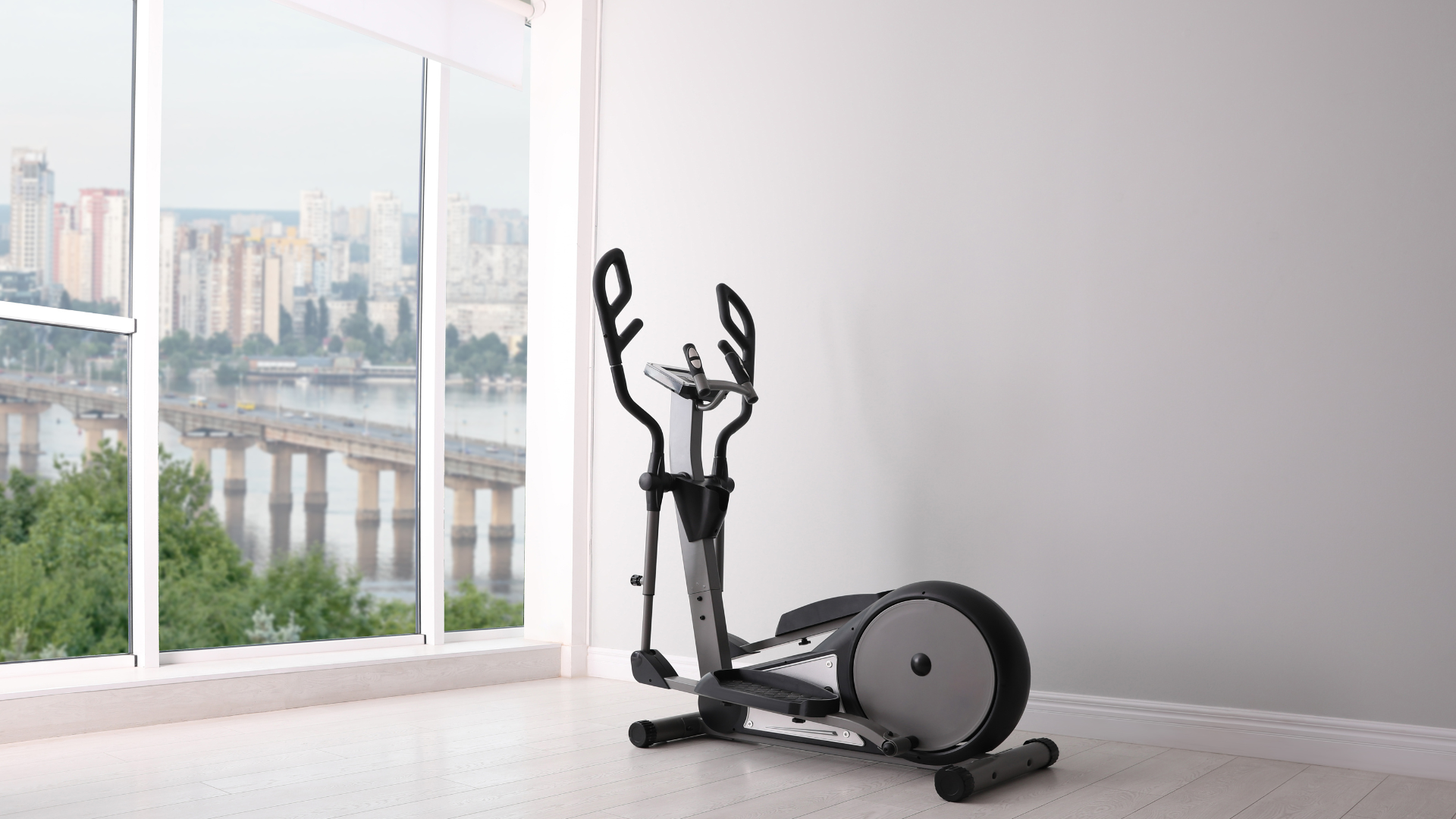Correct form on an assault bike, also known as an air bike or fan bike, is essential for efficiency, safety, and maximizing the effectiveness of your workout. Here are key points to ensure proper form:
-
Adjusting the Bike
- Seat Height: Adjust the seat height so that when your foot is on the pedal at the lowest point of the stroke, your knee is slightly bent, avoiding full extension or excessive bending.
- Handlebar Position: The handlebars should be positioned at a height that allows you to maintain an upright posture without straining your back or shoulders.
-
Body Position
- Upright Posture: Sit upright with your back straight and core engaged throughout the workout.
- Relaxed Grip: Grip the handlebars comfortably, avoiding excessive tension in your hands and arms.
-
Pedalling Technique
- Full Range of Motion: Push through a full range of motion with each pedal stroke, extending your legs fully at the bottom of the stroke and pulling the pedals upward with your feet at the top.
- Smooth Cadence: Maintain a smooth and consistent pedaling cadence, avoiding sudden jerky movements or pedaling too fast without control.
- Equal Pressure: Apply equal pressure with both legs during each stroke to maintain balance and prevent uneven strain.
-
Engaging Muscles
- Legs: Focus on engaging your quadriceps, hamstrings, and calves throughout each pedal stroke.
- Arms: Utilize the handles to engage your upper body, especially during intervals or when using the bike for arm-focused workouts.
-
Breathing and Cadence
- Breathing: Breathe rhythmically throughout your workout, inhaling deeply through your nose and exhaling through your mouth to maintain oxygen flow and endurance.
- Cadence: Adjust your pedaling cadence based on your fitness level and workout goals, aiming for a pace that challenges you without compromising form.
-
Interval Training Tips
- Intensity Variations: Use the bike's resistance settings to vary the intensity of your workout, alternating between high-intensity intervals and recovery periods.
- Pacing: Pace yourself during longer sessions to maintain stamina and avoid burnout, especially when incorporating intervals or high-resistance segments.
-
Cooling Down and Stretching
- Cool Down: After completing your workout, gradually reduce the intensity and pedal at a slower pace to allow your heart rate to return to normal.
- Stretching: Perform gentle stretches focusing on the legs, hips, and lower back to prevent stiffness and promote flexibility.
Safety Tips
- Monitor Resistance: Start with a comfortable resistance level and gradually increase as you become more accustomed to the bike.
- Hydration: Stay hydrated throughout your workout, especially during intense sessions.
- Form Check: Periodically check your form in a mirror or ask for feedback to ensure you maintain proper posture and technique.
By adhering to these dos and don'ts when using an assault bike, you can enhance your workout experience, reduce the risk of injury, and progress effectively towards your fitness goals. Consistently maintaining proper form, adjusting resistance levels appropriately, and prioritizing hydration and recovery will contribute to a safe and productive exercise session. Always prioritize safety by ensuring the equipment is in good condition and being mindful of your body's limits throughout your workout routine.








Leave a comment
All comments are moderated before being published.
This site is protected by hCaptcha and the hCaptcha Privacy Policy and Terms of Service apply.